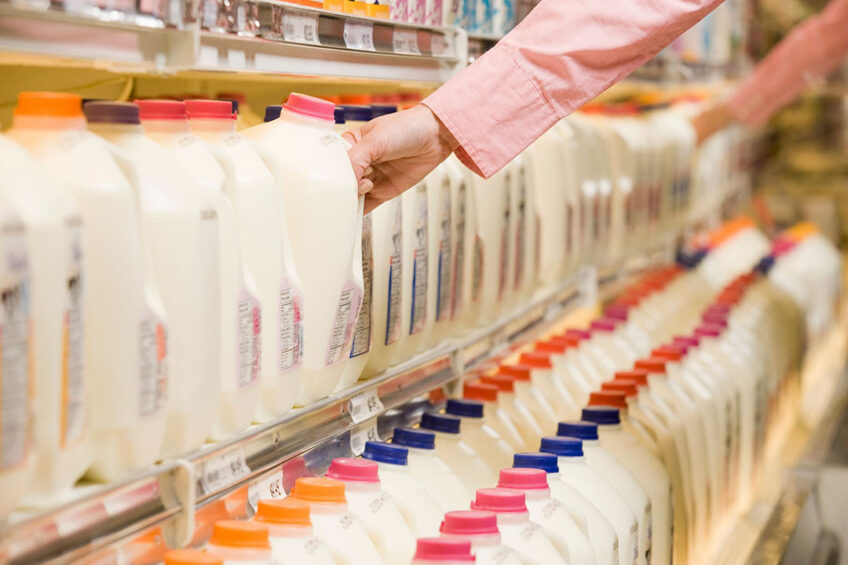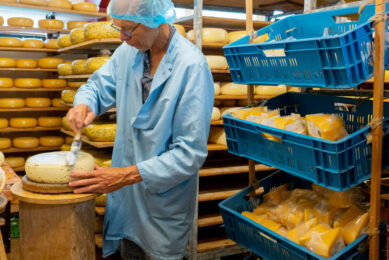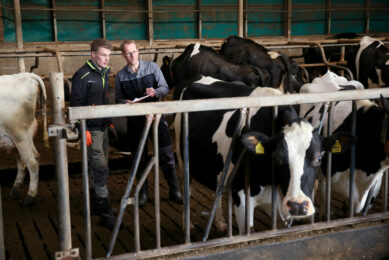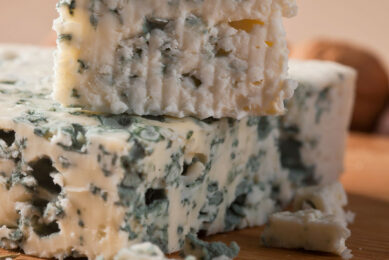Cost-of-living crisis affects Russia’s dairy sector

Russian dairy companies face consequences of the falling Russian population’s purchasing power, Marina Petrova, deputy chairman of the business committee of the Moscow Trade and Industrial Chamber, outlined during the Dairy Industry Transformation Conference.
“We can’t deny it – [the Russian population’s] incomes are falling, and people are starting to pay more attention to the structure of the food basket,” Petrova said, adding that a fight for the hearts and the wallets of Russian customers are currently fierce.
Petrova admitted that for some Russian citizens, food has become a way of entertainment, so they are willing to spend more money on premium goods. However, she estimated the share of these customers is limited to about 20%.
Private labels gain ground
The Russian dairy market has seen private labels becoming more popular, which already account for 25% of the industry’s turnover, Petrova stated. Some dairy companies are at a crossroads right now: either to go to the private label segment and produce goods for other brands or to try develop their own brands.
It is growing increasingly complex for the dairy business to compete with private labels. On the other hand, going into the private label segment usually means that the dairy manufacturer will need to adhere to a strict economy, as the marginality of this business is relatively low. Petrova also said that, in the end, companies working in this field are being acquired by bigger players.
Discounts determine demand
In recent years, Russia saw a booming popularity of hard discounters, a type of retail store selling the cheapest products, Ivan Fedyakov, head of Infoline, a Moscow-based think tank, said during the same conference. In the next 3-5 years, the discounters will have nearly 50% of private labels on their shelves, he estimated.
During the past couple of years, Russian supermarkets and hypermarkets saw their sales decreasing or remaining flat. On this backdrop, some Russian food retailers see their financial performance worsening. For instance, Okay, one of Russia’s largest supermarket chains, generated a net loss of 3 billion roubles (US$30 million) in the second quarter of 2023. Discounters and online sales, however, experienced a growth in turnover, he added.
The current dynamics seem troublesome and require particular attention of the management, Fedyakov stated. “In my opinion, only discounters can grow because they present a popular format, especially for the poorer population, which unfortunately is increasing,” he said.
Join 13,000+ subscribers
Subscribe to our newsletter to stay updated about all the need-to-know content in the dairy sector, two times a week.










